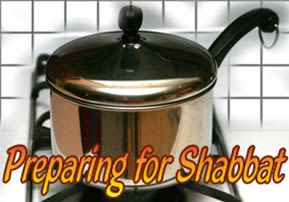
Preparing for Shabbat
No task in the preparation for Shabbat is too mundane, to be dismissed at the back of one’s hand, for the preparation of Shabbat is tantamount to preparing for...

Shabbat is in essence the holiest day of the Jewish calendar. Therefore, we are required to honor the Shabbat. “Sefer Chassidim” says that One should be very enthusiastic in preparing for Shabbat. He should do it as swiftly and energetically as a person who has heard that the Queen is coming to stay as a guest in his home, or that a bride and all her entourage are coming. How does one react in such a situation? He rejoices greatly and says: “What an honor they are according me by coming to stay under my roof!” He orders his servants to prepare the house, and to clean it. He makes the beds for those who are coming. He buys generous amounts of bread, meat and fish in their honor. Now, what guest is greater than the Shabbat, which is referred to as both a bride and queen? It is therefore a great obligation for one to exert himself personally for it, even if he has a hundred servants.”
Our sages, who didn’t budge from their Torah learning day and night, would go to great lengths to honor the Shabbat. The Gemara tells in tractate Shabbat:
- Rabbi Abin would buy meat for Shabbat from thirteen butchers with thirteen coins. He had the money ready at his door to pay upon delivery. He would tell the butchers delivering the meat: “Gain strength from these coins so that you will be able to sell your meat energetically, and engage in preparations for Shabbat.”
- Rav Avahu would sit on an ivory stool and fan the fire used to prepare for Shabbat.
- Rav Anan would wear work clothes while tending to the preparation of the Shabbat meals.
- Rav Safra burned off the hairs from the head of the animal to be eaten at the Shabbat meals.
- Rava salted the fish to be eaten at the Shabbat meal.
- Rav Huna lit the lamps for the Shabbat.
- Rav Papa twined the wicks for the Shabbat.
- Rav Chisda cut up the beets to be used for the Shabbat.
- Rabbah and Rav Yosef chopped wood to be used for preparing for Shabbat.
- On the eve of Shabbat, Rav Zeira would kindle fire needed to prepare food.
- Rav Nachman bar Yitzchak would carry the things needed to prepare for Shabbat into the house, and would clear out other things to make room. He said: “If Rav Ami and Rav Asi would come to visit me would I not take the trouble to personally carry whatever was needed to honor them?! All the more so is it fitting that I should exert myself on behalf of the Shabbat.’’ (tractate Shabbat 119a).
No task in the preparation for Shabbat is too mundane, where a person can dismiss it at the back of his hand, for the preparation of Shabbat is tantamount to preparing for a Queen. In fact, we allude to the Divine Presence as the queen. So, the more we prepare for the Shabbat, the more we assure that our homes will be a worthy host for the Divine Presence.
Our sages went to great lengths to honor the Shabbat. The Gemara in tractate Shabbat tells a story: Rabbi Chiya bar Abba said: “Once I was a guest at the owner of a house in Ludkia, and he brought before me a golden table so heavy that it required 16 people to carry. It. Sixteen chains of silver were attached to it, and dishes and glasses and jugs and flasks were set in it, and upon it all kinds of food and all kinds of sweets and spices. When it was put in place, they would say, “To Hashem belongs the earth and all that fills it.”….and when it was removed at the end of the meal, they recited, “The heavens are the heaven of Hashem, but the earth He has given to man.” I said to him, “In what merit have you been blessed thusly?” He responded, “I was a butcher, and every animal that was of fine quality, I said this one I shall save for the Sabbath.
The Gemara in tractate Shabbat 119a tells the delightful story of Yoseph, who earned the title, “Yoseph Mokir Shabbos” (Joseph who honors the Shabbat). He rightly called this because no matter how meager his earnings, he would always honor the Shabbat with all types of table delicacies, notably when it came to buying the finest fish. Where he lived, there lived a certain gentile who owned a large amount property. One day he was consulting his mystic friends and they told him that the man Yoseph would consume all his land. Thinking he would circumvent this fate, he went, sold all his property and purchased a precious stone with the proceeds, which he put in his coat. As he was crossing a bridge, a powerful wind blew it off and cast it into the river, whereby a fish straight away swallowed it up. This very same fish was later hauled up by a fisherman and brought to the market on right before Shabbat, towards sunset. “Who will purchase it now?” they cried in anxiousness as Shabbat was soon approaching and most people had already bought and cooked their meals. “Go and take it to Yoseph Mokir Shabbat,” they were told by fellow shopkeepers. So they took it to him and he purchased it. Upon opening it, he found the valuable jewel and sold it for an enormous sum. (Shabbat 119a).
Whereas eating during the week is designed to sustain the body, eating on Shabbat is an entirely different dimension, on a higher spiritual plane. The Sabbath meal is a holy ritual. The Zohar says that all blessings of both the Heavenly realms and the lower realms depend upon Shabbat. It has been taught: Why was no Manna to be found on the Seventh day? Because from that day are blessed all the other supernal six days; and each day imparts food to the world below from what it has been blessed with on the Seventh day. On account of this, one who is on the level of faith is required to set his table on the night of the Sabbath so that his table will be blessed on the other six days. For a blessing does not descend on an empty table. Therefore one should set his table on the evening of the Sabbath.
To be continued.


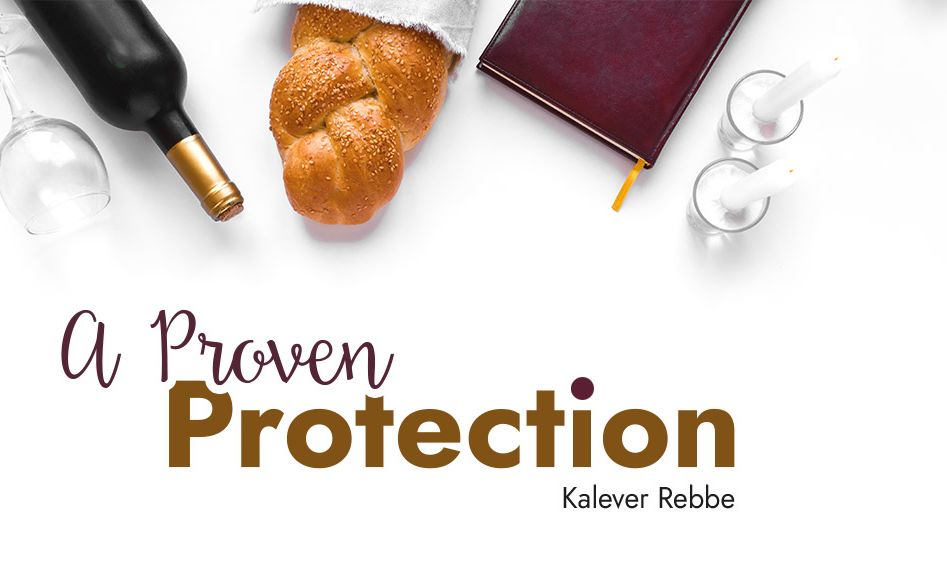
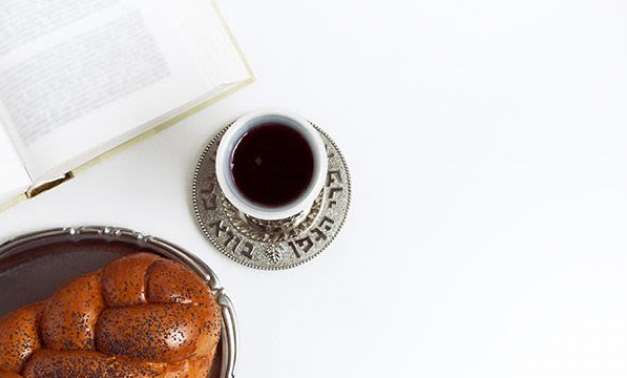
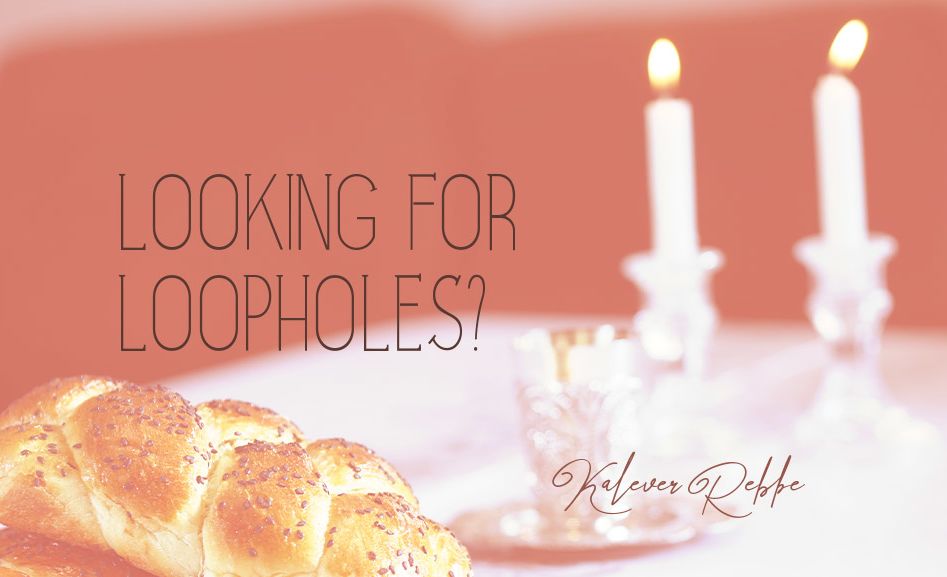
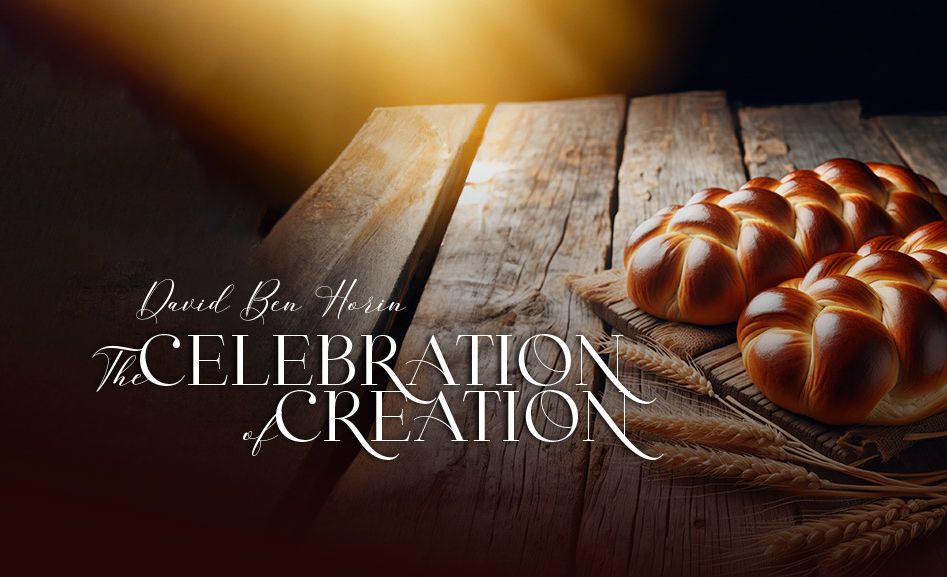
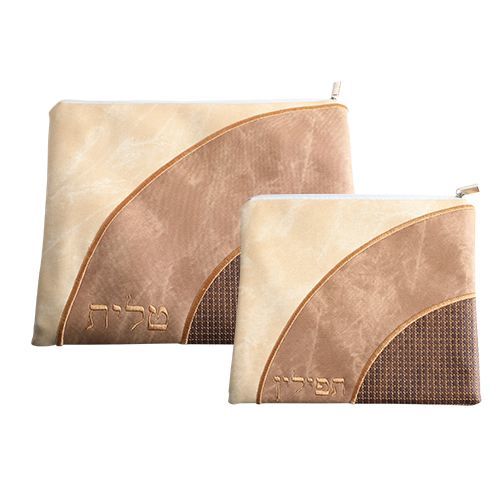

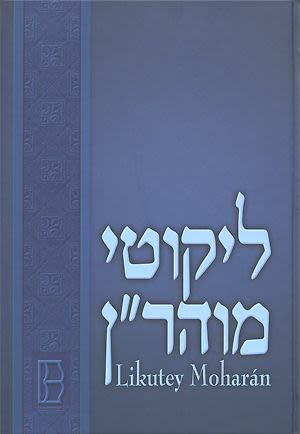
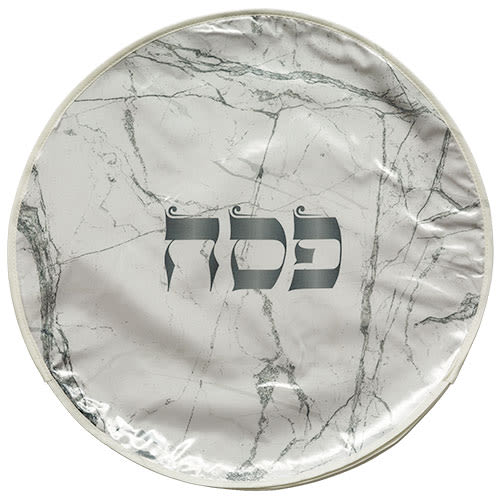
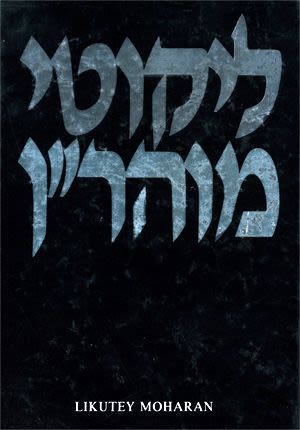

Tell us what you think!
Thank you for your comment!
It will be published after approval by the Editor.